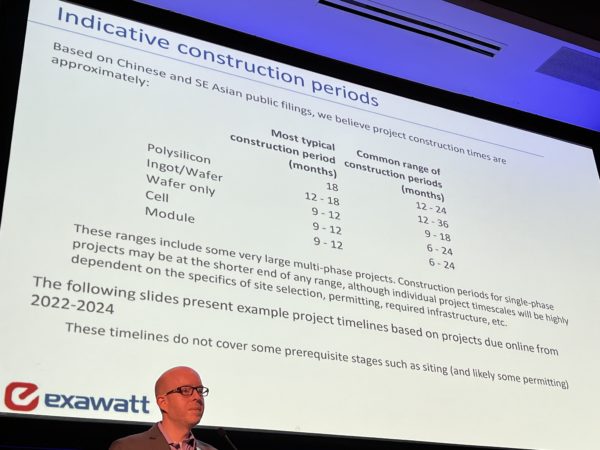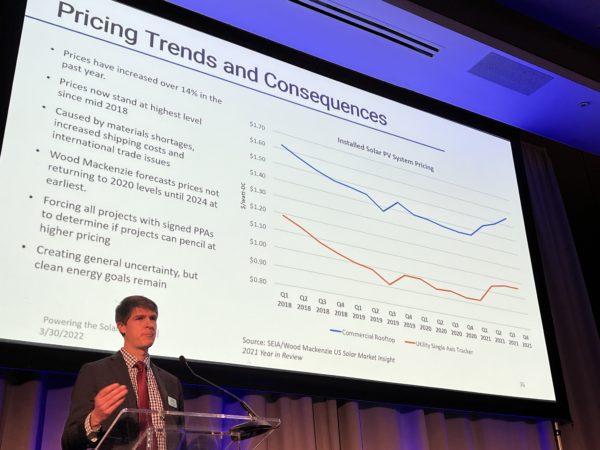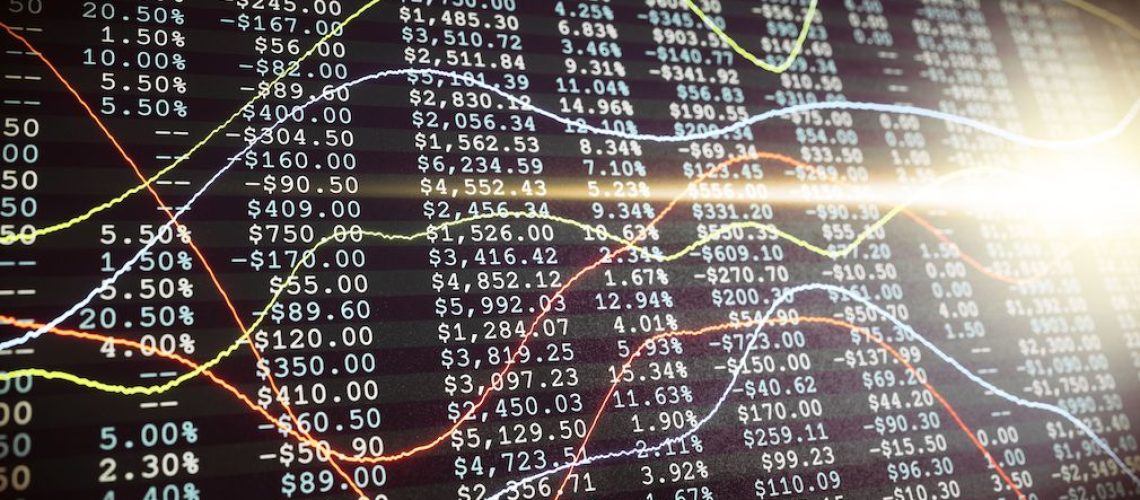There was a lot of optimism about the BBB Act, ITC, solar potential in NY and more at the Solar Finance, Tax, & Buyers Seminar in New York — lawyers, CPAs, developers, and solar politics.
The Solar Energy Industries Association (SEIA) is hosting their annual Finance, Tax & Buyers Seminar at the Conrad Hotel in New York City.
The first day of the event started with SEIA President & CEO Abby Hopper on stage with the President & CEO of NYSERDA, Doreen M. Harris. They talked about the growth of New York’s community solar and large-scale programs, as well as the various pragmatic designs that attempt to consider and adapt to market conditions.
Harris also referenced project siting upstate — and noted that using prime farmland for solar power is not a viable long term path forward.
Harris says that she sees potential for New York State to deploy as much as 60GW of renewables (along with 10GW of community solar by 2030) as the state moves toward a 100% emission free power grid.
That’s a big number.
Next on stage was a group led by SEIA’s Erin Duncan, who expressed optimism over the signing of the Build Back Better (BBB) legislation — specifically, on the subject of solar construction (along with direct pay) and manufacturing tax credits.
Duncan’s opinion was shared by everyone on stage. James Dennis reminded the audience that West Virginia Senator Joe Manchin had recently suggested that the BBB legislation must be finalized by July 4th so that there is time for it to be signed before the August recess — in time for Congress to go home and shake hands.
There was some technical discussion of the Investment Tax Credit (ITC) provisions in the BBB bill. The additional tax credit opportunities on properties greater than 1MWac — specifically, 10% for domestic content, as well as for building in financially challenged regions — could bring the ITC to 50%.
That’s a lot of Direct Pay.
Next on stage were representatives from two companies with a combined market capitalizations over $2.5 trillion — $2.3 trillion from Microsoft and $250 billion from Intel. The representatives from both companies vocalized their desire to buy within the high Environmental, Social, and Governance (ESG) standards.
Both representatives encouraged contractors to go through their respective websites to connect with them. Intel’s representative — Jamie Belliveau — suggested finding him via his LinkedIn profile.
SEIA took the stage next, and presented some great data.

Despite charts showing heartburn from pricing increases, there was still growth in utility scale deployment and in the pipeline. Unfortunately, it was clear that commercial and industrial onsite installation had stalled during the past year.
Some of the more interesting data points were concerned with the amount of time it takes to deploy the various phases of solar panel manufacturing — from polysilicon, to ingots and wafers, cells, and modules. (Photo above)
This is an important topic because of the manufacturing credits included in the BBB, as well as the high level of optimism coming from SEIA on the topic.

The final talk of the day was the most technical, on the subject of tax and finance law.
Among the most important issues was the subject of changing market conditions, which have forced many tax partners to be increasingly flexible. This “forced flexibility” arose from product availability issues and inflationary pressures, as well as the looming potential of the direct pay option. However, it was clear that while some tax partners have been able to adapt to these conditions, others were significantly challenged, as many tax equity investors have a finite amount of capital.



